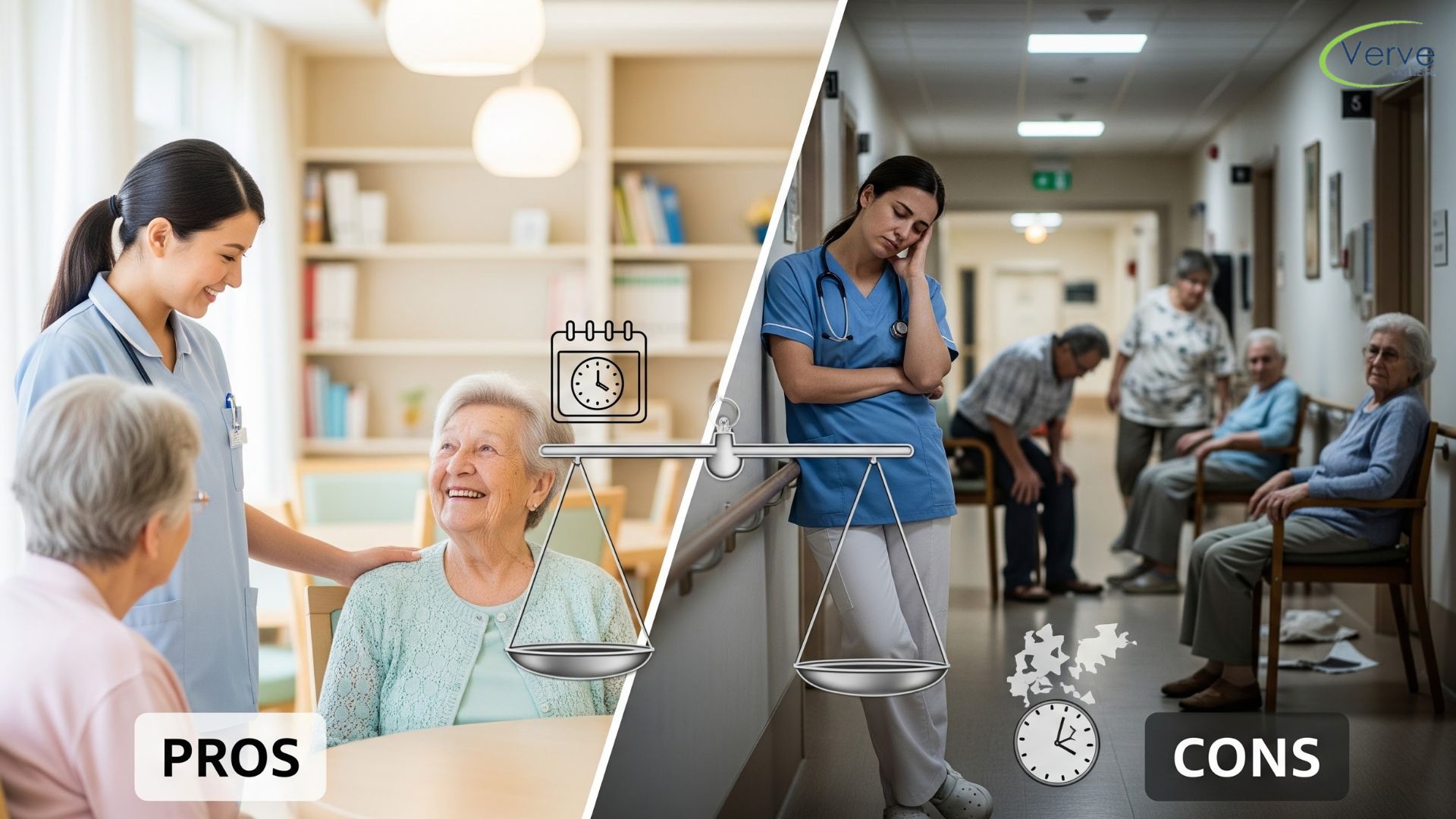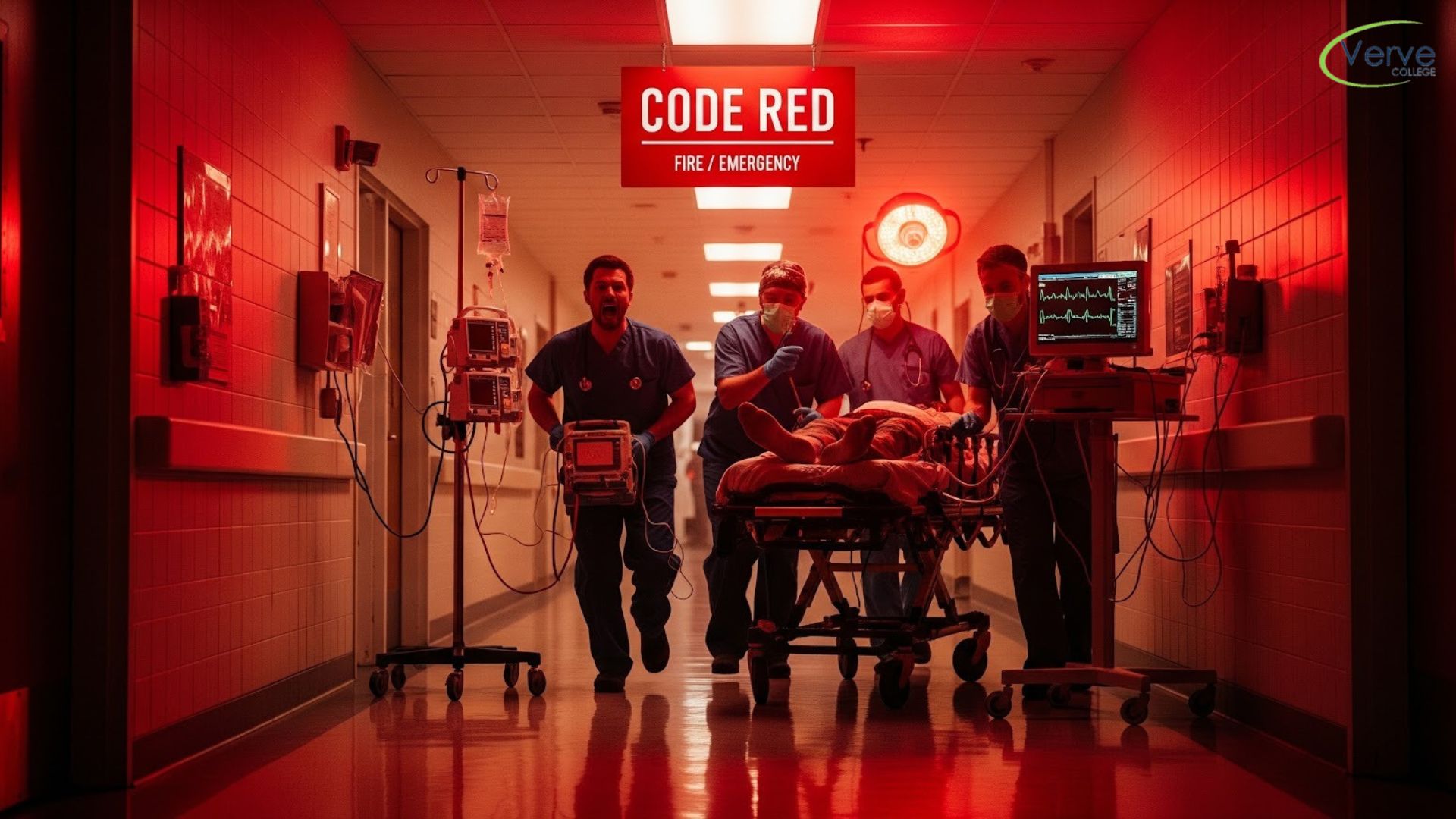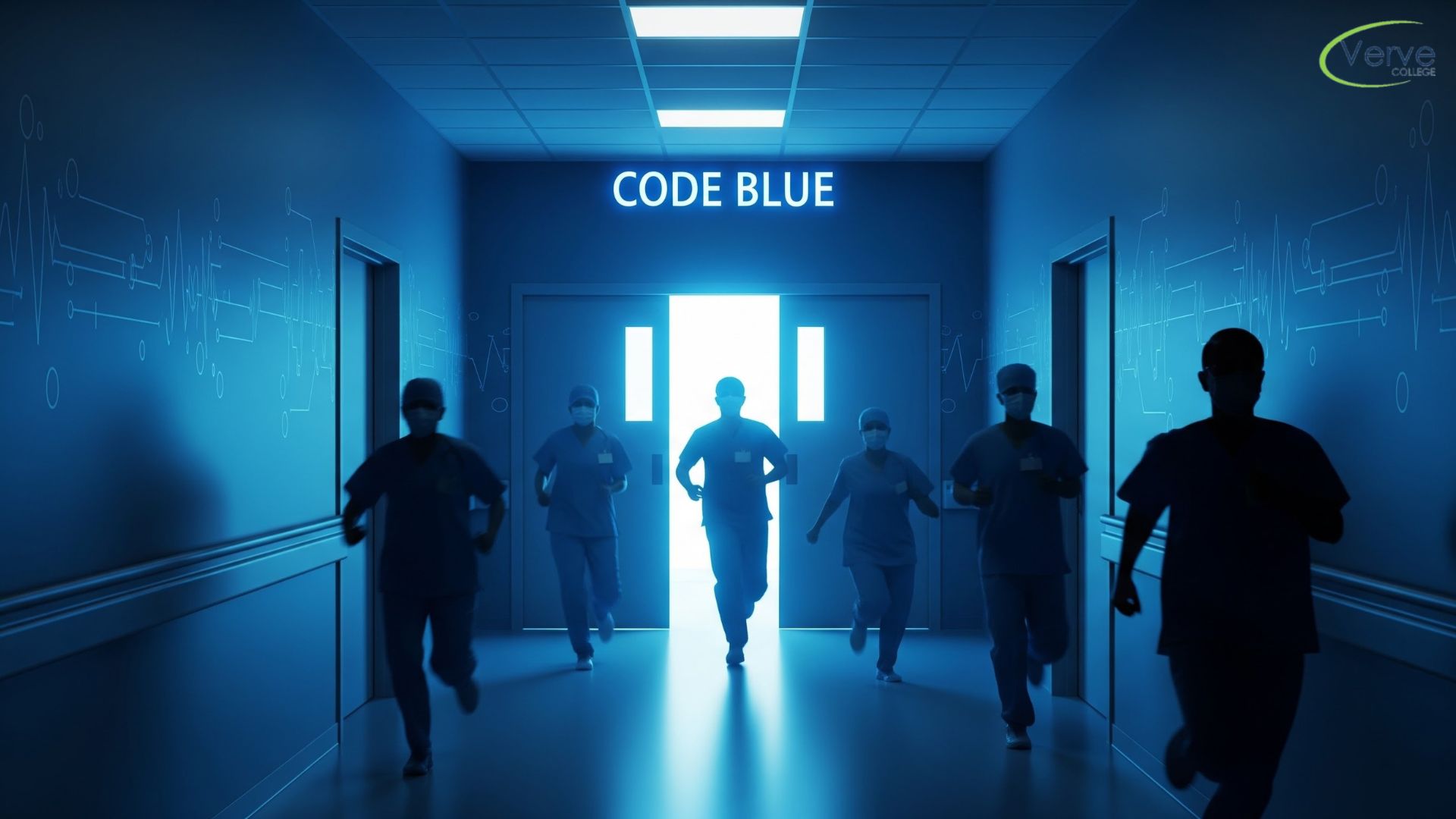- Oak Brook:(630) 705-9999
- Chicago:(312) 920-8822
- Email:inquiry@vervecollege.edu
- Make a Payment
- Home
- Programs
- Admission
- Resources
- ATI Entrance Exam Resources
- New E-Digital Library
- Refer a Friend
- School Newsletter
- Events
- Employers
- Job-Network
- Alpha Beta Kappa Candidates
- Verve College Library
- Graduation and Pinning Ceremony Photo Galleries
- Textbook Information
- Career Services
- Tutoring
- School Catalog
- FAQ
- Constitution Day Program
- Alumni
- Verve College Plans
- Financial Aid
- HEERF Reporting
- Satisfactory Academic Progress
- Apply For Financial Aid
- Net Price Calculator
- Return of Title IV Funds (R2T4)
- Financial Aid Office Code of Conduct
- Contact
- FAQs
- Verification Policy
- Vaccination Policy
- Student Right-to-Know Act
- Misrepresentation
- Information Security Program
- Academic Award Year
- Availability of Employee
- Cost of Attendance
- Health & Safety Exemption Requirement
- Students Rights and Responsibilities
- Leave of Absence
- Pell Formula
- Military Students
- Grants/ Scholarship Policy
- Contact Us
- Testimonials
- Blog
Is a Nursing Career Right For You?
Take The Free Quiz
What is Nursing Scope of Practice?
What is Nursing Scope of Practice?
The term “scope of practice or nursing scope of practice” describes the activities that a person with a license to practice as a health professional is allowed to do. These activities are increasingly governed by laws passed by state legislatures and by regulations made by the relevant licensing body.
States have different laws, classifications, and rules governing the scope of practice for different health professions such as physicians and licensed practical nurses. Students who want to be successful LPN often search for private LPN schools near me to gain knowledge and essential skills.
The Standards and Nursing Scope of Practice
The Nursing Scope and Standards of Practice describe who, what, when, and where” of nursing practice.
Who: The “who” constituency is composed of nurses who are qualified and have active nursing licenses.
What: is the nursing profession? The nursing profession includes promotion and protection, prevention and treatment of illness and injury, healing facilitation, diagnosis, and treatment, as well as advocacy on behalf of individuals, families, populations, and communities.
Where: Everywhere that there is a need for care.
When: Anytime nursing expertise, compassion, and knowledge are needed.
Why: Why is the nursing profession there? To achieve the best patient outcomes while adhering to the social contract to society and the obligations of clinical nurses towards their profession.
Answering these questions will help you to understand the complex issues that surround the nursing scope of practice in medical settings. It is inevitable that the nursing scope of practice and overlapping responsibilities in the current and future healthcare system will change with a profession such as nursing and changing healthcare needs.
When searching for nursing schools, institutes, and LPN programs near me for quality education, students who are interested in the possibility of becoming licensed practical nurses frequently ask themselves, What are the best options? What is it that these professionals do? It’s critical to clarify common misconceptions about LPNs’ jobs before you choose this career. Practical nurses work under the supervision and guidance of physicians and gain practical skills and clinical experiences in healthcare facilities. We will discuss the practice scope for LPNs in more detail.
Read More:- 7 Principles for Effective LPN-Patient Communication in Nursing Practice
LPNs Have a Number of Tasks That They Are Expected to Perform
The following duties are expected of licensed practical nursing professionals in a wide range of clinical settings:
- Keep accurate and complete records of your medical history.
- It is important to collect the specimens such as blood, sputum, and urine.
- The patient is fed through a nasogastric or gastrostomy tube.
- Keep track of patients’ condition.
- The administration of intravenous and orally administered medications.
- Vital signs of the patient.
- Dressing wounds on patients.
- Inserting and regulating urinary catheters.
- Special care for patients who have a tracheostomy or are on ventilators.
- Ostomy care.
- If necessary, call the doctor.
- Performing CPR during emergencies.
- Start, observe, and/or stop intravenous fluids or intravenous caths.
Practical Nurses Do Not Perform Certain Tasks, but They Are Sometimes Mistakenly Viewed as Their Responsibilities
- Take verbal or phone orders from your doctor
- In an emergency, intravenous medications can be administered
- Regulating intravenous fluids or catheters
- Take care of the central intravenous line
- Take action on clinical data
- Create a nursing care plan
- Supervising assistants who administer medications to patients who cannot self-direct.
- Applying a protocol not given by a doctor, nurse practitioner, or assistant to a physician to a patient unless a registered nurse has been asked to manage a portion of the order after observing the patient
- Give intravenous treatment through any central chest or arm vein port.
- Inserting, detaching, or drawing blood from any central line.
Conclusion
To enter the nursing industry, Licensed practical nurses (LPNs) must have a license. They work more often in nursing homes and long-term care centers than in physician’s offices or hospitals. The scope and practice of LPNs and other nurses are outlined in each state’s nurse practice status. The LPN is usually under the supervision of either a physician or a registered nurse. Students can opt for classes and nursing degrees in Illinois from accredited nursing schools to make a career with practical experiences as an LPN in the field of nursing.
 Sign up
Sign up Login
Login




